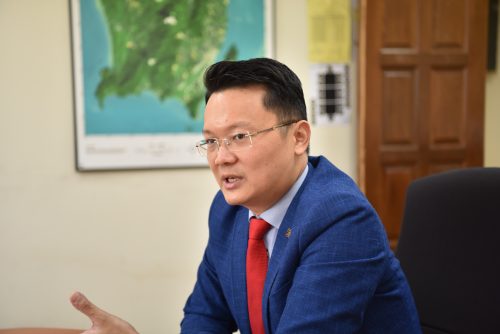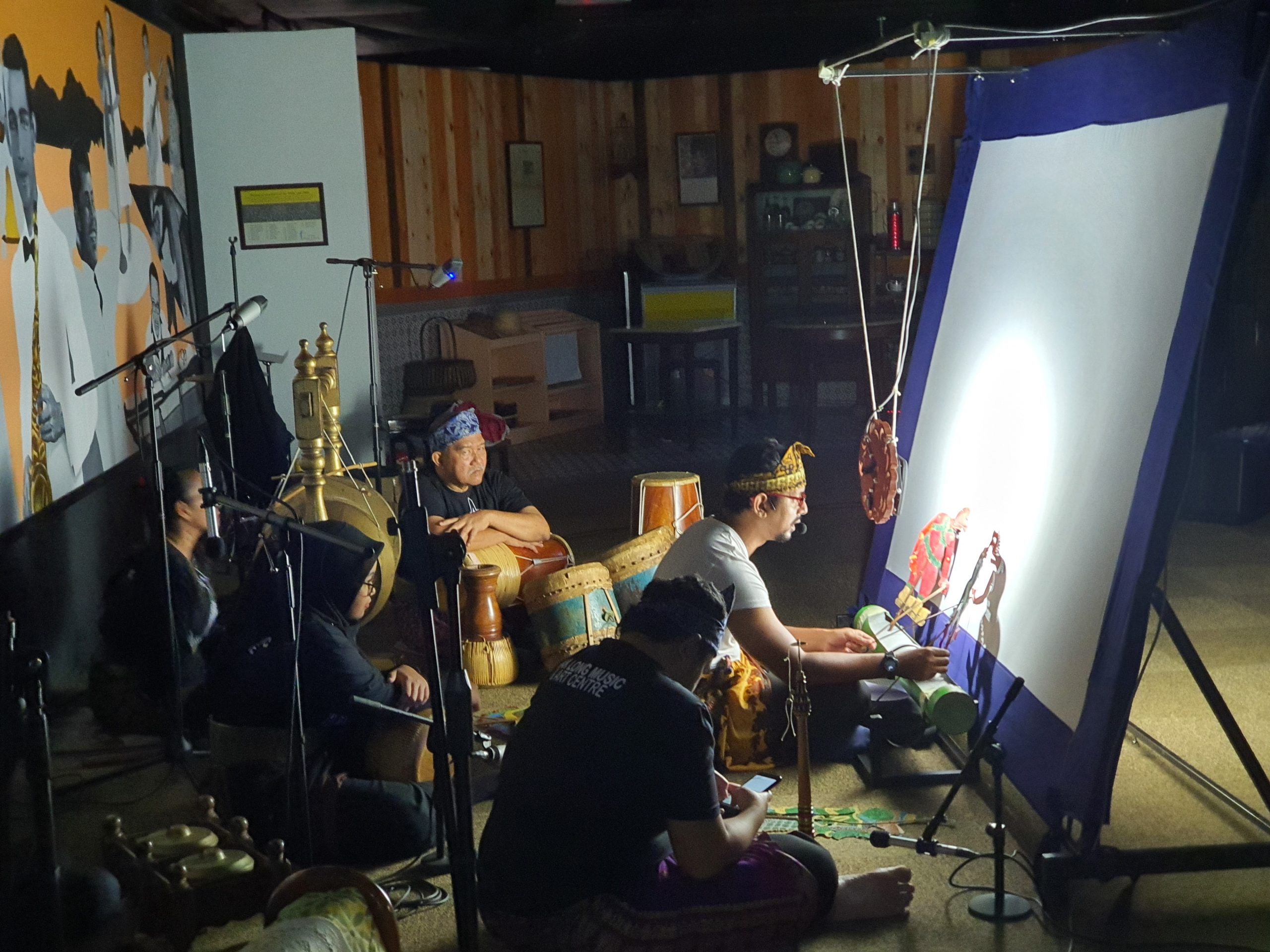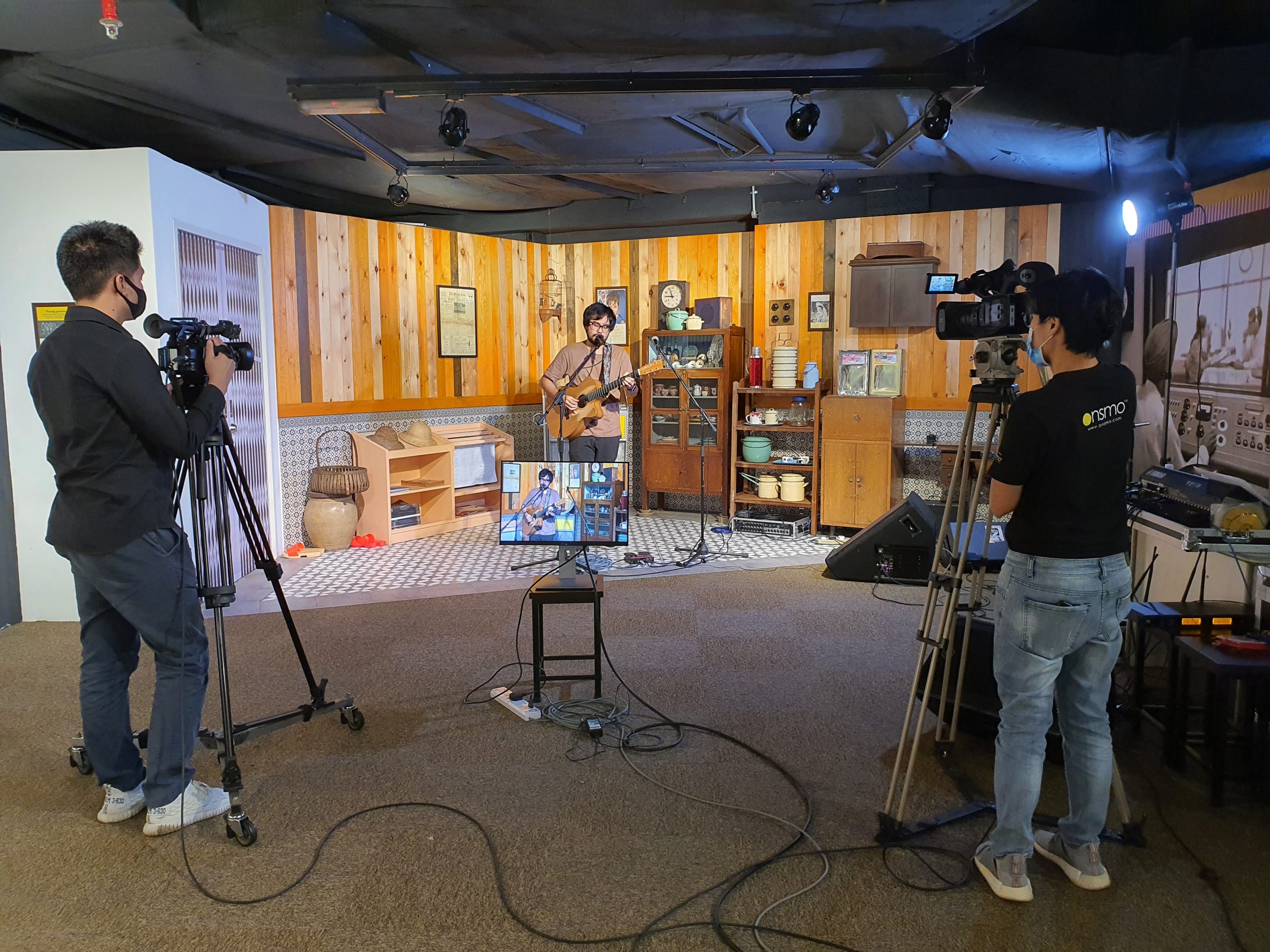THE Covid-19 pandemic has crippled the travel and tourism industry globally for over a year. Penang tourism is also not spared, reeling under a surge of cases and devastating financial impact.
Tourism is one of the most important sectors in the service industry in Penang. In 2018, tourism played a pivotal role when the service industry overtook manufacturing as the top contributor to the state’s Gross Domestic Product.
Things were sailing smoothly and tourist arrivals at the Penang International Airport in Bayan Lepas were bursting at the seams. But when the coronavirus hit the Malaysian shores in January 2020, many things were turned upside down as more cases were discovered.
Malaysia imposed its first movement control order (MCO) on March 18, 2020 to stem the Covid-19 tide. Many businesses, including the tourism sector, came to a standstill. The country then underwent different phases of MCO for the businesses to recover but when the cases spiked across the country at an alarming rate, the MCO was reimposed on Jan 13, 2021. It has been extended till March 4.
With the tourism sector bleeding once again, there is a heavy weight on the shoulders of state Tourism and Creative Economy Committee (PETACE) chairman Yeoh Soon Hin.
Faced with a daunting task, the Paya Terubong assemblyman has been working tirelessly to engage with stakeholders on how best to turn the ship around when the MCO is lifted.

Buletin Mutiara had the opportunity to meet up with YB Yeoh and following are the excerpts from the Q&A with him.
How would you describe the current tourism scenario in Penang?
It is at its lowest ebb during this Covid-19 pandemic compared to the H1N1 pandemic (in 2009) and SARS outbreak (in 2002). The impact caused by Covid-19 is more substantial and the damage more serious to the whole tourism sector not only in Penang but also in Malaysia and the whole world.
It’s unprecedented and disastrous. You can see that many hotels, travel agencies and businesses related to tourism are forced to shut down. You can see the hospitality sector is in dire straits. The borders are closed and the travellers’ confidence shaken.
There are many hotels in Thailand and Hong Kong, for instance, facing the same problems. They are also in a dilemma, whether to shut down or not. If they want to continue, they have to incur losses every day. To shut down is not an easy decision.
The whole circumstances are susceptible to how we can control the pandemic. As long as the virus cannot be contained and Covid-19 cases become more serious, that will definitely hinder the process of recovery of the tourism sector.
What are the measures taken by the state government or your office to help the the tourism players stay afloat?
With the reimplementation of MCO 2.0, the state government has decided to introduce Skim Peka 2.1, an extension of Skim Peka 2.0 which is a zero-interest loan we have introduced last year. We don’t think a one-off assistance can really assist much. It’s not a long term solution. How much can the government or state give to support a business while the pandemic is still not resolved?
Due to limited resources and the financial status of the state, we’ve some limitations. For some big hotels, their overhead may tally up to RM1 million per month; even the smaller hotels, they need at least RM100,000 per month for all their workers’ salaries and operating cost.
That’s why we extended the Skim Peka under the current MCO. The Penang state government is the only state in Malaysia to allocate RM10 million to assist small business, self-employed and entrepreneurs by providing free interest loan. They can apply for the maximum loan of RM50,000 to lighten their burden.
For those who took the loan earlier under Skim Peka 2.0, they have to repay from February but I had proposed to the state government for a further six-month moratorium for the repayment which the state had approved.
In January, we launched the Creative Leap Loan with an allocation of RM4 million from the state government. It is also a zero interest loan which is aimed at resuscitating the ecosystem. The loan is open to a wide range of stakeholders, including film, TV, advertising, designing, animation, digital content, craft, visual arts, music, performing arts, creative writing, fashion, textile, museum, archive, as well as heritage conservation and restoration.
Those who are involved in the art industry or creative industry are encouraged to apply for a maximum RM20,000 loan without interest.
At the same time, to mitigate the socio-economic impact of MCO 2.0 and strengthen the state economy, the Penang state government has approved a RM20 million Penang People’s Aid Package 3.0 on Jan 21, 2021. It is aimed at bringing relief to target groups such as trishaw riders, local hawkers, salon and spa, and other sectors of the industry.
 A wayang kulit troupe taking part in the ‘The Journey of Art: A Shelter for Artists’ programme at the Penang House of Music recently. It was organised by PETACE to showcase local talents online.
A wayang kulit troupe taking part in the ‘The Journey of Art: A Shelter for Artists’ programme at the Penang House of Music recently. It was organised by PETACE to showcase local talents online.
Some hotels set up hawker-like stalls in front of their premises to sell takeaway food like fried rice, nasi lemak, kuih, noodles, ‘teh tarik’ and coffee during the MCO. What is your view on this?
This is something creative and an innovative way to survive. By selling some grab food, they gain some revenue. In a way, it also helps to keep the staff occupied and to maintain their morale. But we’ve to admit that the main business for the hotels depends on tourists.
If there is no pandemic or Covid-19, we envisaged that 2020 would be a wonderful year. We launched Experience Penang campaign in 2019 to usher in 2020 in conjunction with Visit Malaysia Year.
We expected a boom for the tourism sector. Also, I had a plan for many new flight routes coming from overseas to Penang.
Some airlines had already confirmed they would fly direct to Penang even before the pandemic. We would have seen many tourists around every corner.
We will maintain the slogan, Experience Penang, after the pandemic because we believe we still need to restart the whole campaign.
When do you think Penang tourism will rebound?
According to the United Nations World Tourism Organisation (UNWTO) global survey, a majority of experts say we need one to two years to recover.
Now we see the uncertainty of the effectiveness of vaccination. Some countries, even after going through vaccination programme, still have very little tourism activities. Even Australia dare not open their borders until today. Their cases are not so high.
But I believe that spring will come after the storm has passed. Maybe by 2023, we can recover.
Whoever can sustain or survive this challenging time, I would say that they will become stronger or greater in the future.
Tell us more about the roles and functions of Peterab (Penang Tourism Economy Recovery Advisory Board).
We established the tourism advisory board to spearhead the effort to mitigate the social economic impact of Covid-19 through policy-level recommendations to accelerate recovery, draw strategies and think about how to support jobs and increase receipt and investments to help our tourism industry.
To help restart our tourism, we have the elites – businessmen, academicians and representatives of industry – on the board.
It’s very important for the government to control effectively the Covid-19 situation. Much also depends on how effective the vaccination takes place.

Can you please also elaborate on the creative industry?
Ever since the introduction of ‘Creative Economy’ in my exco portfolio, we have placed a lot of emphasis on the growth of Penang’s creative industries towards the strategic establishment of Penang as an arts and cultural hub of the region.
But as our performances, concerts and cultural celebrations are prohibited during the MCO, we have shifted to digital platforms. So, I would say the pandemic has given us the impetus to force the creative industry to embrace digitalisation.
In June last year, PETACE has swiftly responded to the situation by launching a ‘Show Penang’ project worth RM200,000. It is an online platform established especially for the artists to perform, display, publish and air their works to online audiences, mitigating the crisis of not being able to perform and conduct events physically.
Following the reimplementation of MCO in January this year, we have also extended the initial deadline of registration from 31 December 2020 to a further date, in order to accommodate and benefit more artists under this programme. The project is well received. Artists can record their performances and upload them in Show Penang Facebook platform.
In November 2020, we launched the ‘Innovation and Creative Entrepreneurship Programme’. Penang is the first state in Malaysia to organise it in partnership with Thames International Business School from the Philippines. The two-month online programme was to equip creative entrepreneurs and arts organisations with competent knowledge and skills to enhance business sustainability. We know that most of the artists have the knowledge about the respective craft but we need to help them go into entrepreneurship. It was free of charge.
Furthermore, in December 2020, we launched ‘The Journey of Art: A Shelter for Artists’. It’s another project between PETACE, a private company and the Penang House of Music to assist our local creative talents from various disciplines such as handicraft, painting, performing arts and etc to transition into the digital world and leverage on virtual opportunities.
It was done via e-commerce live streaming for the artists to showcase their talent and their works, and those watching could buy the items online. The digital event yielded positive comments and was applauded by a myriad of industry players.
Any advice for the industry players in view of the ongoing pandemic?
They must think out of the box during these challenging times. They must be creative and innovative to sustain the business. Covid-19 is a very clear evidence that we need to be resilient and we need to be prepared for every single crisis.
Everyone has to be responsible to take care and comply with the standard operating procedures (SOPs) for the whole industry to recover and restore the confidence of stakeholders and travellers. That’s why we have launched the responsible tourism concept. We want to make Penang a safe and responsible destination for tourists.
So, I advise the industry players to hold on and work hand in hand to go through the pandemic. The state government is committed to assist the tourism sector recover. Tourism not only generates revenue but it is a kind of activity that can help to preserve our culture and mutual understanding internationally. It is also a tool to promote tolerance and unity through diversity.
Like I said before, spring will always come after winter.
Story by K.H. Ong
Pix by Darwina Mohd Daud

